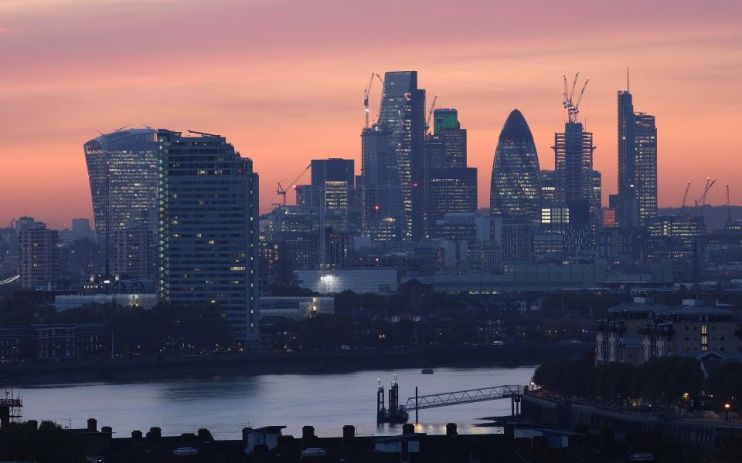UK economic growth expected to slow as Brexit and global tensions bite

The UK’s economic growth is expected to slow as prolonged uncertainty over Brexit and global headwinds take their toll.
Audit firm KPMG said today it expects the UK’s gross domestic product (GDP) growth to reach 1.4 per cent in 2019, falling to 1.3 per cent in 2020 – down 0.2 per cent since its last forecast in March.
Brexit-related stockpiling in the first quarter (Q1) helped boost trade in goods with EU countries and manufacturing.
KPMG said it does not expect these levels to persist for the rest of the year.
The report said it expects services to remain the main pillar of growth, but said it does “not foresee any exceptional strength there either”.
Financial and professional services are expected to be held back until business concerns over the post-Brexit regime can be settled.
Yael Selfin, chief economist at KPMG UK, said: Recent weeks saw the gathering of clouds over the global horizon, with growing talk of a possible recession and a change in tune by major central banks as they gather their depleted arsenal to the rescue. The UK now has to consider the global backdrop a headwind.
“Back home, Brexit has not left the top of the domestic agenda, and the veil of uncertainty will continue to exact real damage on the UK economy. Our forecasts see weakening domestic momentum in the short term with a big downside if the UK leaves the EU with no deal.”
The report said a strong labour market and rising pay would continue to support consumer spending.
“This will be the main driver of economic growth over the next two years, with households’ spending forecast to grow at 1.5 per cent this year before moderating to 1.2 per cent in 2020,” it said.
However, business investment is likely to lag as companies delay spending in anticipation of a final Brexit settlement.
Investment is expected to grow 1.6 per cent this year on the back of a strong Q1, but ti has been downgraded from 1.6 per cent to 1.1 per cent in 2020.
Selfin said:“Some may argue that the UK economy is currently in a goldilocks state: not too hot, with inflation expected to remain firmly under control; and not too cold, with record low numbers of people unemployed. Unfortunately, that ignores the bigger picture.
“In addition to Brexit, the UK economy faces two urgent challenges it needs to address: low productivity and inequality of opportunity. They represent a ticking time bomb which, if not defused early, will relegate the UK to the bottom of the league, with long-term mediocre growth and dwindling prospects.”
On Monday a survey showed that German business morale had fallen to its lowest level since November 2014.
The Ifo institute said its business climate index deteriorated for the third month in a row, to 97.4 in June from 97.9 in May
“The German economy is heading for the doldrums,” Ifo President Clemens Fuest said.